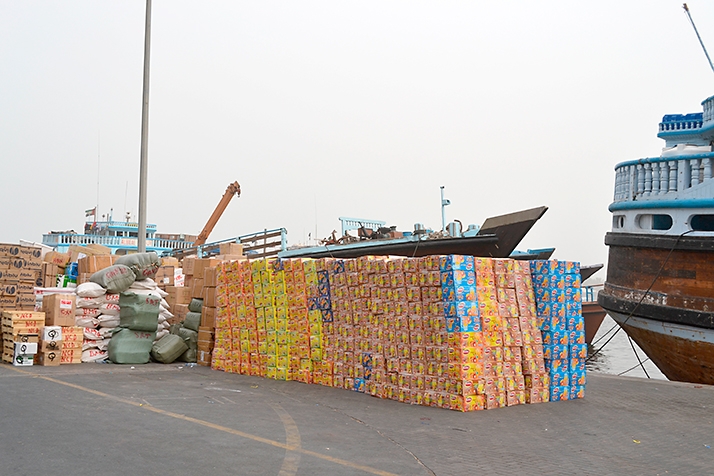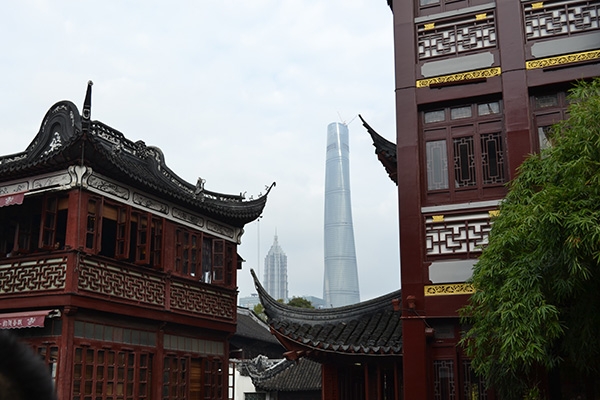B2G: soborno en la logística

News last week by the Transparency International on global corruption triggered CBRA´s blog topic to deal with B2G bribery in cross-border supply chains.

News last week by the Transparency International on global corruption triggered CBRA´s blog topic to deal with B2G bribery in cross-border supply chains.

We had an interesting Thursday-Friday of FP7-CORE project meetings in Athens, with philosophical discussions on “taxonomies on illegal activities in global supply chains”.

Fabulous four days spent in Puebla, enjoying good quality conference presentations and panel discussions as well as great Mexican hospitality.

This week our research team members and collaborators were busy presenting research papers and discussing about new projects in Milan, Hamburg, Brussels and Puebla.
Summary
Anti-drug officials report rising cocaine imports into the US through the Caribbean islands. The officials ascribe the increasing popularity of the Caribbean route to the strengthened enforcement of alternative trafficking routes. The South American cocaine smuggling routes have displaced several times over the years due, and now again the Caribbean route is the same one than traffickers used two decades ago. The new wave of trafficking through is expected to increase violence and undermine anti-corruption efforts in the Caribbean.
The drug traffickers move significant amounts of their cocaine from Colombian coca farms and laboratories to Venezuela by jungle trails, riverboats and small aircraft. From the Venezuelan coast, the contraband is smuggled to Caribbean islands by speedboats, planes, sometimes hidden inside commercial cargo. The cocaine traffickers use then yachts, mules, cruise ships, fast boats and commercial cargo vessels to smuggle the illegal drugs into the US and Europe. The new wave of trafficking through is expected to increase violence and undermine anti-corruption efforts in the Caribbean. Review by Toni Männistö (CBRA)
[s2If is_user_logged_in()]
Full review
Anti-drug officials report rising cocaine imports into the US through the Caribbean islands. The officials ascribe the increasing popularity of the Caribbean route strengthened law enforcement of alternative trafficking routes. Because traffickers prefer smuggling routes that offer the highest profit-to-risk ratios, the South American cocaine smuggling networks are evolving constantly. Routes have displaced several times over the years, and now the route is again the same than two decades ago.
Today, traffickers move again significant amounts of their cocaine from Colombian coca farms and laboratories to Venezuela by jungle trails, riverboats and small aircraft. From the Venezuelan coast, the contraband is smuggled to Caribbean islands by speedboats, planes and sometimes hidden inside commercial cargo. The cocaine traffickers use then yachts, mules, cruise ships, fast boats and commercial cargo vessels to smuggle the illegal drugs into the US and Europe. The new wave of trafficking through is expected to increase violence and undermine anti-corruption efforts in the Caribbean. The new wave of trafficking through is expected to increase violence and undermine anti-corruption efforts in the Caribbean.
Trends of international drug trafficking often influence intensity of law enforcement efforts in global supply chains. Thus, changes in South American drug trafficking may affect also the two CORE trade lanes that import goods from the region into Europe, (1) imports of fresh cut flowers from Colombia to the Netherlands (WP11) and (2) imports of coffee and cocoa beans from South America to Europe (WP13). These trade lanes may become subject to more intense anti-drug controls over the following years. Besides the CORE demo cluster, also the CORE risk cluster benefit from the insight this article provides on the recent trends in routes, volumes and methods of the South American drug trafficking. This information may be useful for CORE’s activities that are developing educational and training material.
Reference
Drug trafficking in the Caribbean – the Full circle, the Economist, May 24th 2014
[/s2If]

Our second blog-interview is with Mr. Gerwin Zomer, focusing on CORE – Consistently Optimised Resilient Secure Global Supply Chains.
Cross-border Research Association
Chemin de la Cure 9
CH-1066 Epalinges
Switzerland
Phone: 41-76-5890967
Skype: CBRA_2014
Email: cbra@cross-border.org
